The 3rd International Conference on Marine/Maritime Spatial Planning will be held on
March 27, 2024
Marine Debris, Sargassum and Marine Spatial Planning in the Eastern Caribbean
with the generous support of The Nippon Foundation
We kindly inform you that the Closing the Circle Programme was active from 2020 to 2024 and has concluded. We thank all participants, partners, and supporters for their valuable contributions over the years.
For any questions or access to materials, please contact goisecretariat@wmu.se
about the programme
The World Maritime University WMU-Sasakawa Global Ocean Institute is pleased to implement with the generous support of The Nippon Foundation, The "Closing the Circle" Programme: Exploring challenges and advancing potential solutions to marine debris, sargassum threats and marine spatial planning (MSP) in Small Island Developing States with a particular focus on the Eastern Caribbean region. Read more and download the Programme Brochure here.
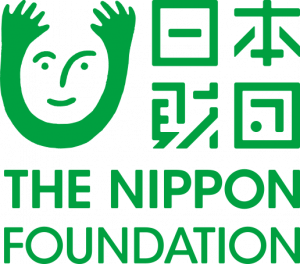


The Eastern Caribbean region is host to a number of small island developing states (SIDS) who heavily depend on the ecosystem services from the ocean for their social and economic development. A healthy ocean ecosystem is a prerequisite for two of the most important economic sectors sustaining these countries i.e. tourism and fisheries.
Human derived marine debris is by volume the greatest pollutant of the world's oceans. In the Caribbean, marine debris amounts triple the global average, according to a World Bank Report from 2019. Marine debris has adverse impacts on marine habitats and species, has potential human health implications and causes widespread social and economic problems. Plastic marine debris may persist 500 years or more creating an inter-generational problem of daunting scale that requires interdisciplinary approaches to be solved as well as implementation of new technological innovations.
Additionally, the Eastern Caribbean region has recently faced a mounting problem from vast beach strandings of the normally oceanic seaweed Sargassum. The combination of marine debris and Sargassum seaweed has resulted in a wicked problem causing untold ecological impact and socioeconomic hardship for these SIDS that are highly dependent on tourism. Marine spatial planning (MSP) has emerged as a new approach to holistically plan and manage ocean space and resources. It moves away from the traditional sector based management of the ocean to an integrated approach that recognises multiple stakeholder needs as well as the impact of human activities on the marine ecosystem.
Some of the countries in the Eastern Caribbean have taken steps towards development of MSP by carrying out habitat mapping as well as stakeholder consultations.
Focus and outline

4 PhD Candidates,
1 Research Fellow

Research and Capacity building

Onsite
Training

Stakeholder
Collaboration
The Team
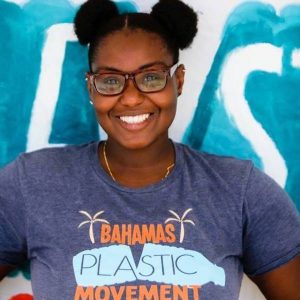
Doctor
(Bahamas)
Area of Research
Assessing the Budget We Need for the Ocean We Want: A cost-benefit analysis of marine debris monitoring interventions for beaches in the Wider Caribbean Region.
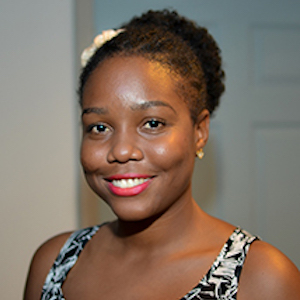
Doctor
(Grenada)
Area of Research
Using cross-boundary transformative partnerships for knowledge transfer and to bridge the gap between science and policy in combating marine litter
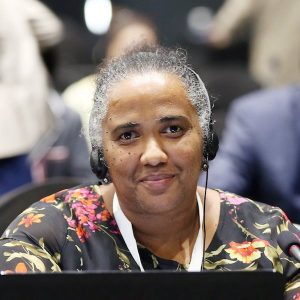
Doctor
(Antigua & Barbuda)
Area of Research
The Problem of Abandoned, Lost and Otherwise Discarded Gear Associated with Small-Scale Fisheries in the Eastern Caribbean: Understanding the Challenges, Defining Solutions

Doctor
(Barbados)
Area of Research
Spatiotemporal analyses of sargassum influx events
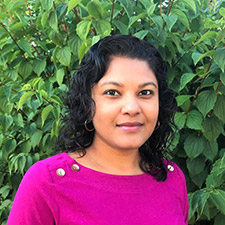
Research Fellow
(Trinidad And Tobago)
Area of Research
Marine Spatial Planning in the Eastern Caribbean, including governance and institutional arrangements for national and regional transboundary planning.
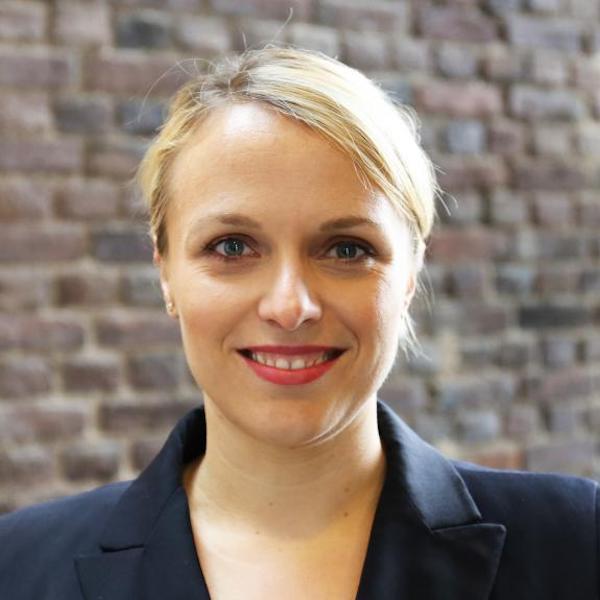
Assistant Professor (Research/OSGM), Principal Investigator, WMU-Sasakawa Global Ocean Institute
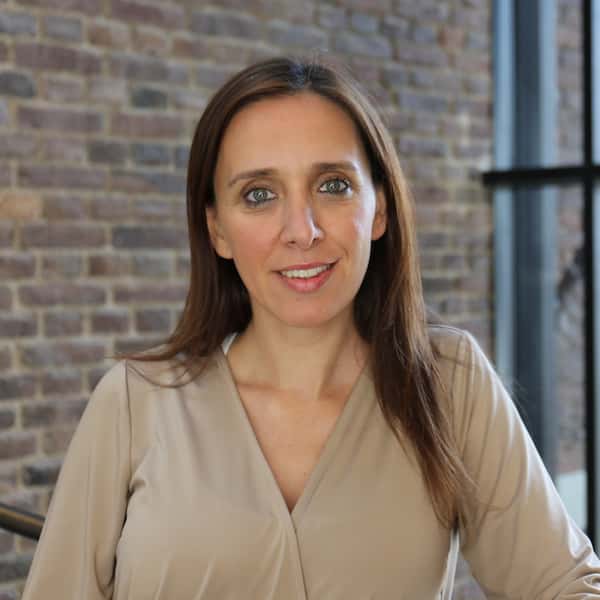
Assistant Professor (Research/OSGM), Principal Investigator, WMU-Sasakawa Global Ocean Institute
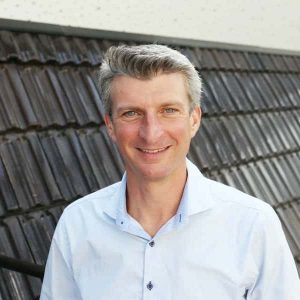
Sustainable Fisheries Management, Ocean Biodiversity and Marine Spatial Planning, PhD Supervisor
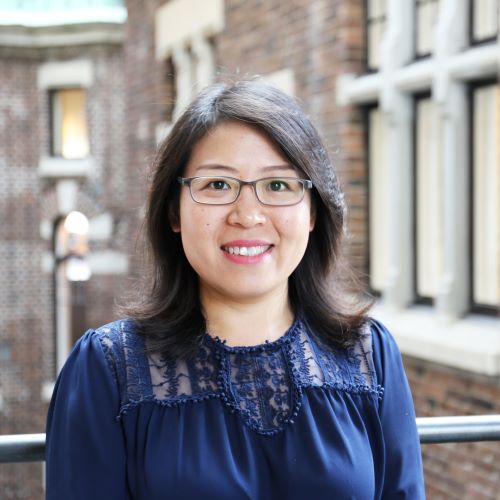
Associate Professor (Research/OSGM),
WMU-Sasakawa Global Ocean Institute, PhD Co-Supervisor,
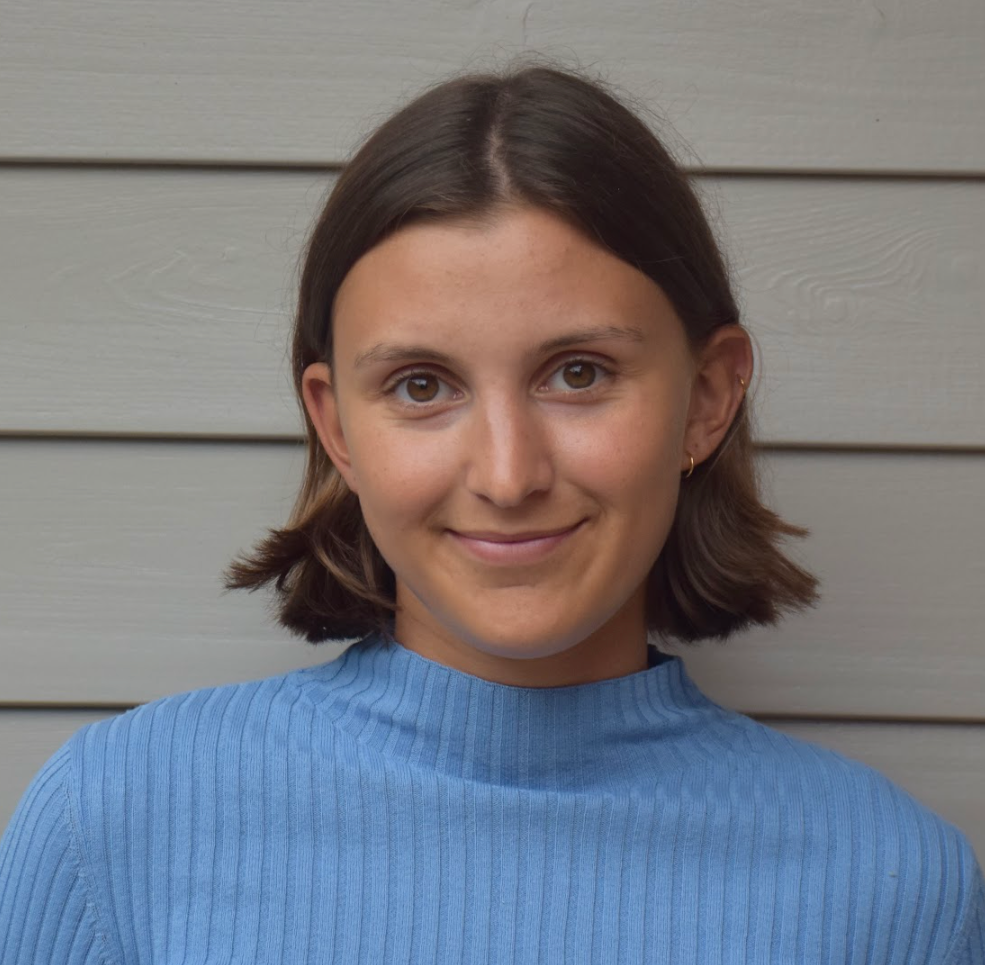
Carlo-Schmid-Program Fellow

Sustainable Fisheries Management, Ocean Biodiversity and Marine Spatial Planning
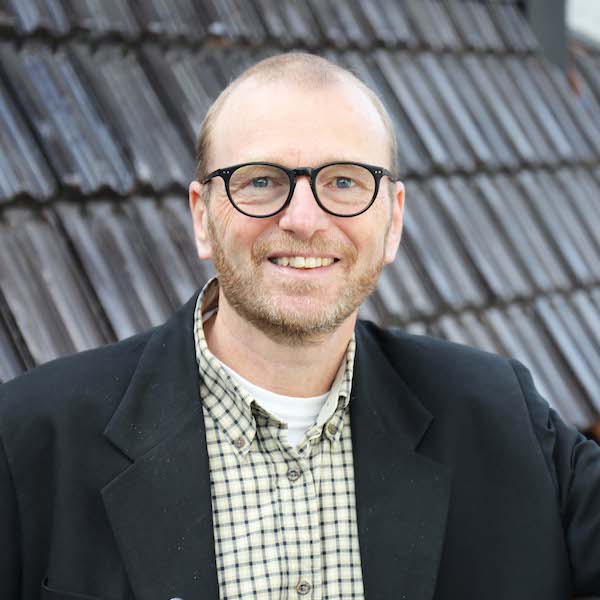
External Co-Supervisor,
Marine Environmental Protection, Dalhousie University

Associate Research Officer, Programme Principal Investigator, WMU-Sasakawa Global Ocean Institute
news and DELIVERABLES
The Closing the Circle team is proud to share a video about the Blue Planning in Practice workshop and High-Level Blue Economy Roundtable that were delivered in collaboration with OECS in April 2023 in St. Lucia. The workshop included the OECS Ocean Governance Team (OGT) and the Roundtable was attended by several ministers from OECS member States. The video, jointly produced with OECS, showcases the importance of Marine Spatial Planning (MSP) and the Blue Economy in the Eastern Caribbean region and the need for collaboration to support on-going work through capacity development training, outreach and research.
The Closing the Circle team is proud to share a video about the Economist's World Ocean Summit 2024. From 11 to 13 March 2024, the World Maritime University - Sasakawa Global Ocean Institute (GOI) contributed to The Economist Impact 11th annual World Ocean Summit and Expo held in Lisbon, Portugal. The GOI co-hosted a Strategy session and showcased WMU's educational programmes and research findings in the exhibition hall. The contribution of the GOI at the Summit is summarized in the GOI's event video.
Research Highlight Videos
Videos about the five researchers of the Closing the Circle Programme have been created. They showcase their work in terms of research, outreach activities, personal challenges and achievements.
Dr. Kristie Alleyne
Dr. Kristal Ambrose
Dr. Tricia Lovell
Dr. Roxanne Graham
Dr. Sarah Mahadeo
The 3rd International Conference on Marine/Maritime Spatial Planning will be held on
The Directorate General for Maritime Affairs and Fisheries of the European Commission
As part of the Closing the Circle Programme, the WMU-Sasakawa Global Ocean
Contact Information
Find us here: Fiskehamnsgatan 1
Malmö
Email: goisecretariat@wmu.se
Phone: +46 40 356 351